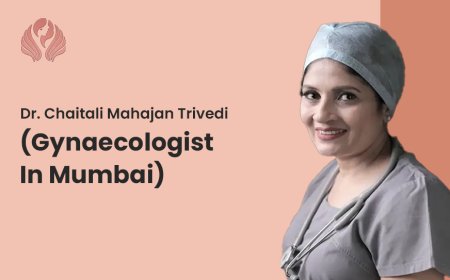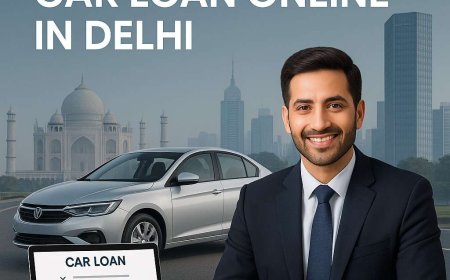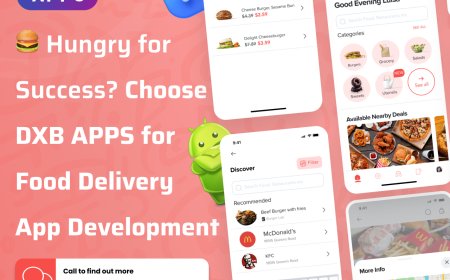Life vs. Health vs. Auto Insurance: Which One Do You Really Need?

Insurance is a financial safety net that protects you from unexpected expenses. But with so many types availablelife, health, and auto insurancehow do you decide which one is essential for you? Each serves a unique purpose, and choosing the right coverage depends on your lifestyle, responsibilities, and financial goals.
In this guide, well break down the differences betweenlife, health, and auto insurance, their benefits, and how to determine which one (or combination) suits your needs. By the end, youll have a clearer understanding of where to invest your money for maximum security.
1. Understanding Life Insurance
What Is Life Insurance?
Life insurance provides financial support to your dependents (beneficiaries) in the event of your death. It ensures that your loved ones are taken care of when youre no longer around to provide for them.
Types of Life Insurance
-
Term Life Insurance:Covers you for a specific period (e.g., 10, 20, or 30 years). Its affordable but doesnt build cash value.
-
Whole Life Insurance:Offers lifelong coverage with a savings component (cash value). Premiums are higher but remain fixed.
-
Universal Life Insurance:Flexible premiums and death benefits, with an investment element.
Who Needs Life Insurance?
-
Parents with young children
-
Spouses who rely on each others income
-
Homeowners with a mortgage
-
Individuals with co-signed debts
Pros & Cons
?Pros:
-
Financial security for dependents
-
Covers funeral expenses and debts
-
Some policies build cash value
?Cons:
-
Can be expensive (especially whole life)
-
No immediate personal benefit
2. Understanding Health Insurance
What Is Health Insurance?
Health insurance covers medical expenses, including doctor visits, hospital stays, surgeries, and prescriptions. It protects you from high healthcare costs and ensures access to quality treatment.
Types of Health Insurance
-
Employer-Sponsored Plans:Provided by employers (often with shared costs).
-
Individual/Family Plans:Purchased privately through marketplaces.
-
Government Plans:Medicare (for seniors) and Medicaid (for low-income individuals).
-
Short-Term Plans:Temporary coverage for gaps in insurance.
Who Needs Health Insurance?
-
Everyone (medical emergencies can happen at any age)
-
Individuals with chronic illnesses
-
Families with children
-
Self-employed professionals
Pros & Cons
?Pros:
-
Reduces out-of-pocket medical costs
-
Access to preventive care (vaccinations, check-ups)
-
Protects against financial ruin due to illness
?Cons:
-
Premiums can be costly without employer subsidies
-
Some plans have high deductibles
3. Understanding Auto Insurance
What Is Auto Insurance?
Auto insurance protects you financially in case of vehicle-related accidents, theft, or damage. Its legally required in most states if you own a car.
Types of Auto Insurance Coverage
-
Liability Insurance:Covers damages/injuries you cause to others.
-
Collision Insurance:Pays for damage to your car in an accident.
-
Comprehensive Insurance:Covers non-collision incidents (theft, natural disasters).
-
Uninsured/Underinsured Motorist Coverage:Protects you if the other driver lacks insurance.
Who Needs Auto Insurance?
-
All car owners (legally required)
-
Drivers with financed/leased vehicles
-
Frequent commuters
-
Rideshare drivers
Pros & Cons
?Pros:
-
Meets legal requirements
-
Covers repair costs and liability claims
-
Some policies include roadside assistance
?Cons:
-
Premiums vary based on driving history
-
High deductibles may apply
4. Comparing Life, Health, and Auto Insurance
| Factor | Life Insurance | Health Insurance | Auto Insurance |
|---|---|---|---|
| Purpose | Financial security for dependents after death | Covers medical expenses | Protects against vehicle-related losses |
| Legal Requirement? | No | No (but recommended) | Yes (in most states) |
| Who Needs It? | Parents, homeowners, debtors | Everyone | Car owners |
| Cost Factors | Age, health, coverage amount | Age, location, plan type | Driving record, car model |
5. Which One Do You Really Need?
Scenario-Based Recommendations
-
Young & Single with No Dependents?
-
Priority:Health + Auto Insurance
-
Why? Medical emergencies and accidents are immediate risks.
-
-
Married with Kids?
-
Priority:Life + Health + Auto Insurance
-
Why? Your familys financial and medical security is crucial.
-
-
Self-Employed or Freelancer?
-
Priority:Health Insurance (individual plan) + Auto (if you drive)
-
Why? No employer-sponsored benefits; health coverage is vital.
-
-
Retired & Debt-Free?
-
Priority:Health Insurance (Medicare) + Auto (if driving)
-
Why? Life insurance may not be necessary if no dependents rely on you.
-
6. Can You Bundle Insurance Policies?
Many insurers offermulti-policy discountsif you bundle life, health, or auto insurance. Check with providers likeZoonsfor cost-saving opportunities.
7. Final Thoughts: Making the Right Choice
Theres no one-size-fits-all answeryour insurance needs depend on yourage, health, financial obligations, and lifestyle.
-
Life Insurance= Essential if others depend on your income.
-
Health Insurance= Non-negotiable for everyone.
-
Auto Insurance= Legally required if you drive.
AtZoons, we help you navigate these choices with tailored solutions. Whether you needlife, health, or auto insurance, securing the right coverage ensures peace of mind for you and your loved ones.



































